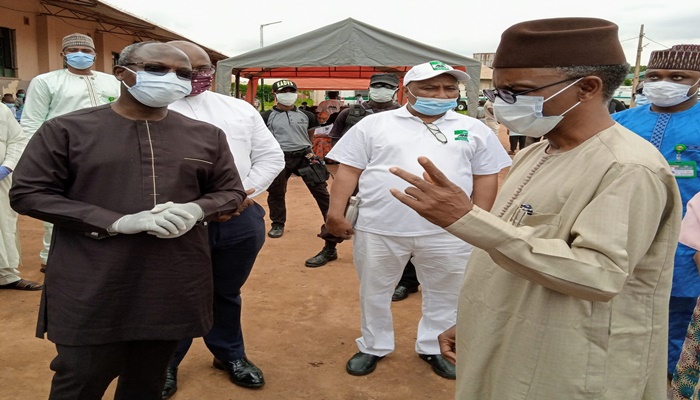
The CCDRN team of researchers, headed by Dr Nasiru Baba, gave the recommendation at a meeting to disseminate its research findings on sustainable model for Almajiri integration in Sokoto.
Baba of the Usmanu Dan Fodiyo University, Sokoto said that the distance from home was a priority by parents in deciding the Qur’anic school they send their children.
“The belief that distance from home trains learners in endurance and self-dependence is still strong among parents.
“Relocation of learners will persist as a valued practice, as such government should create regulatory policies and alternative learning spaces to serve clustered locations.
“Moreover, Sokoto State is guided by Federal policies in its approach to integration of Almajiri education, which are dispersed across several source documents in the state.
“Therefore, unless the state makes effort to harmonise these different provisions into a state policy, the different provisions could be confusing at point of implementation,” he said.
Baba added that income earning through the performance of menial jobs, mainly nail cutting and laundry, were the main source that Almajiri depended on for their sustenance.
“Begging came second in the list of sustainable options. There exists an opportunity and a need for skill training and entrepreneurship among pool of Almajiri that are typically condemned as beggars.
“Moreover, begging may be the predominant sustenance source among younger learners, but that is not sustainable beyond certain age.
“No Almajiri is an Almajiri for life. It is a transitional phase, the public should help Almajirai to manage that transition successfully and productively,” he added.
Baba also said that parental income level determined their readiness to take responsibility for the upkeep and education of their children.
“Therefore, policy provisions on integration should lighten the cost burden of education on parents as most as possible.”
He commended the Northern State Governors for their commitment to remodel the Almajiri system of education.
In his address, the Executive Secretary, Sokoto State Arabic and Islamic Education Board, Dr Umar Dandinmahe, thanked CCDRN for ensuring a research that would generally support government’s desire to improve the standard of Almajiri system of education in the state.
He restated the board’s commitment to ensuring the success of modern Almajiri system shouldered by the government, while commending all stakeholders for their support.
CCDRN is a local NGO, with a mission to partner with communities and groups to achieve recreation and rebuilding on the principles of self-reliance, self-management and collective peace.
This involves collaborating with key stakeholders to foster development and advancement by equipping the society with the requisite knowledge, information and skills to champion their own course. (NAN)






